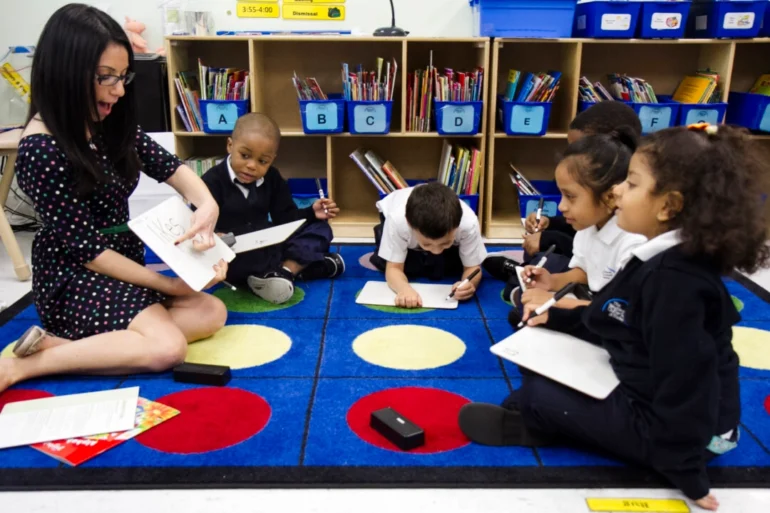The Trump administration has taken a bold step to expand educational opportunities by increasing funding for charter schools by $60 million, bringing the total budget for the Charter Schools Program (CSP) to $500 million for fiscal year 2025. Announced on May 16 by the Department of Education, this move aligns with President Donald Trump’s vision of prioritizing “education freedom” and offering families more choices in K-12 education. Alongside the funding boost, a new grant program and a bipartisan bill aim to further support the growth and innovation of charter schools across the country.
Charter schools are publicly funded but operate independently, allowing them to design their own curricula and rules while meeting specific performance standards outlined in their charters. With 3.7 million students enrolled in charter schools as of fall 2021, according to the National Center for Education Statistics, these institutions have become a significant part of the U.S. education system. A 2023 report highlighted that charter school students often outperform their public school peers on standardized tests, underscoring their potential to deliver high-quality education.
The $60 million increase, made possible through budget flexibility gained in a March 2025 congressional resolution, supports the creation of new charter schools, the expansion of successful ones, and the sharing of effective practices. U.S. Secretary of Education Linda McMahon emphasized the administration’s commitment during National Charter Schools Week (May 12–18, 2025), stating, “With more dollars going toward education choice and a new grant opportunity to help highlight best practices, we hope to pave the way for more choices, better outcomes, and life-changing opportunities for students and families.”
The Department of Education also introduced the Model Development and Dissemination Grant Program, which will showcase innovative strategies from charter schools excelling in areas like civics, STEM, career-focused education, and classical education—a model gaining popularity for its emphasis on traditional liberal arts. Additionally, the department opened applications for five new CSP competitions, including grants for state entities, facilities, and charter management organizations.
This funding boost follows Trump’s January 29, 2025, executive action calling for expanded “educational freedom” and prioritizing school choice in federal grants. The administration has also taken steps to reduce regulatory hurdles, withdrawing two “burdensome” notices from the Biden era that imposed excessive restrictions on charter school grants. In January, $33 million in stalled CSP grants were fast-tracked for release, further demonstrating the administration’s proactive approach.
Adding to the momentum, a bipartisan group of lawmakers introduced the Empower Charter School Educators to Lead Act on May 16. This bill, supported by organizations like the National Alliance for Public Charter Schools, aims to streamline the application process for opening charter schools by allowing states to use federal funds to provide technical assistance, such as help with securing facilities. “Every student deserves the opportunity to attend a school that equips them with the skills and high-quality education they need to succeed,” said Sen. Michael Bennet (D-Colo.), a co-sponsor of the bill.
However, the funding increase has sparked some concerns. Critics, including Sarah Abernathy of the Committee for Education Funding, worry that the administration may be reallocating funds from other programs without congressional approval, potentially leading to legal challenges. Paul Manna, a government professor at William & Mary, noted that the Education Department’s reduced staff—down nearly half in recent months—could struggle to manage the expanded grant programs effectively, risking funds being misallocated to lower-quality charter schools.
Despite these concerns, supporters like Starlee Coleman, president of the National Alliance for Public Charter Schools, praise the administration’s commitment. “These moves demonstrate a real commitment to expanding high-quality public charter school options and supporting the innovators working to deliver them,” she said.
As the Trump administration doubles down on school choice, the increased funding and new initiatives signal a transformative moment for charter schools. By empowering educators and families, these efforts aim to create a more flexible, innovative education system that meets the diverse needs of students nationwide.
